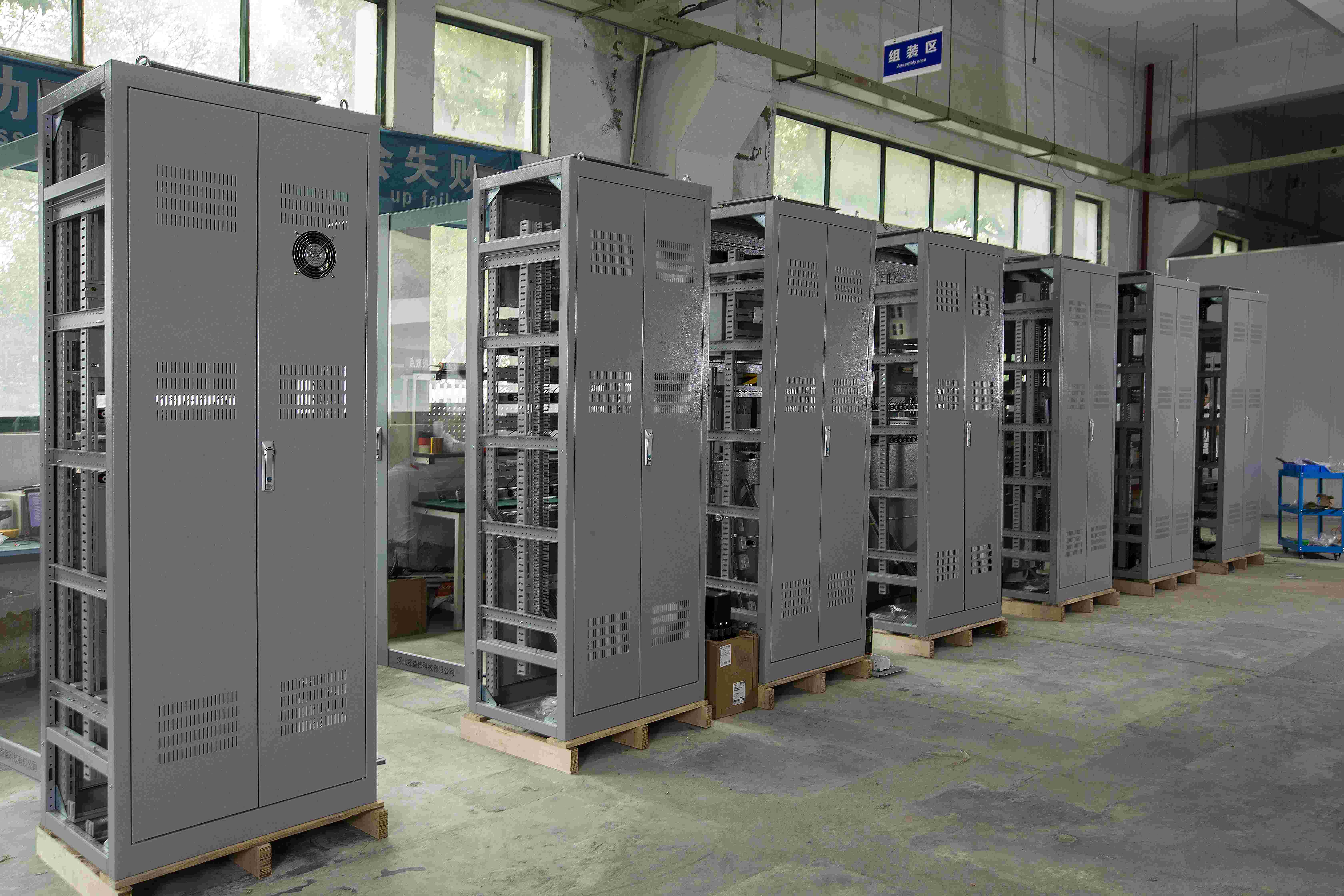
Aug . 14, 2024 12:30 Back to list
CE Certification Guidelines for 1000W Outdoor Power Supply Systems and Safety Standards
Understanding CE Certification for Outdoor Power Supply Units
In the contemporary world, where technology is at the forefront of daily living, outdoor power supply units have become indispensable. Be it for camping, powering garden equipment, or providing electricity at construction sites, these devices serve essential functions. However, safety, reliability, and compliance with regulations are crucial factors that consumers and manufacturers must consider. This is where CE certification comes into play, particularly for outdoor power supply units rated at 1000 watts.
What is CE Certification?
CE marking indicates that a product complies with European Union (EU) safety, health, and environmental protection standards. The certification signifies that manufacturers have evaluated their products and ensured they meet essential requirements specified by relevant EU directives. For outdoor power supply units, which may be exposed to harsh conditions and various electrical loads, CE certification serves as an assurance to consumers regarding the safety and performance of the product.
Importance of CE Certification for Outdoor Power Supplies
1. Consumer Safety The primary purpose of CE certification is to protect consumers. An outdoor power supply that meets CE certification requirements significantly reduces the risk of electrical hazards, ensuring that users can operate these devices safely. This is particularly crucial when considering outdoor equipment, which may face environmental challenges, such as water exposure and temperature fluctuations.
ce certification outdoor power supply 1000

2. Market Access Products that do not bear the CE mark cannot be sold in the European Economic Area (EEA). Therefore, CE certification is essential for manufacturers wishing to market their outdoor power supplies in Europe. This certification not only facilitates access to a vast market but also enhances consumer confidence in the brand’s commitment to quality and compliance.
3. Quality Assurance CE certification acts as a benchmark for quality. Manufacturers must adhere to strict guidelines and testing throughout the production process. This includes thorough evaluations of electrical components, insulation materials, and overall durability, particularly for units designed for outdoor use. A CE-certified product assures consumers that it has passed various safety tests, ensuring reliable performance.
4. Environmental Compliance Modern consumers are increasingly concerned about the environmental impact of the products they use. CE certification involves compliance with directives aimed at minimizing environmental damage. For example, the certification process may include adherence to the Waste Electrical and Electronic Equipment Directive (WEEE) and the Restriction of Hazardous Substances (RoHS) directive, ensuring that the manufacturing process and materials used do not negatively affect the environment.
5. Legal Obligations for Manufacturers For manufacturers, obtaining CE certification is not simply a guideline but a legal obligation when distributing products in the EU. Non-compliance can lead to severe penalties, including fines and product recalls. Hence, manufacturers must ensure that their outdoor power supplies are tested and certified, safeguarding their business interests and reputation.
Conclusion
In an era where outdoor activities are gaining popularity, the demand for robust and efficient power supply solutions is on the rise. The significance of CE certification cannot be overstated; it serves as a pivotal assurance of safety, quality, and regulatory compliance for outdoor power supply units. As consumers become more discerning, manufacturers must prioritize obtaining CE certification to not only protect users but also enhance their market credibility. By embracing these standards, they can contribute to safer and more reliable products that meet the evolving needs of consumers and the environment alike. This commitment to quality and safety will undoubtedly shape the future of outdoor power supplies in the marketplace.
-
AI-Powered EMS with GPT-4-Turbo | Efficiency Boost
NewsAug.01,2025
-
Optimized Storage System for GPT-4-Turbo | High Performance
NewsJul.31,2025
-
AI Energy Management System w/ GPT-4 Turbo Efficiency
NewsJul.31,2025
-
High-Performance Energy Storage System for Reliable Power Solutions
NewsJul.30,2025
-
Advanced EMS Solutions for Energy Management System & Storage Battery Companies
NewsJul.29,2025
-
Intelligent Energy Management for Homes - Efficient Storage Solutions
NewsJul.29,2025























